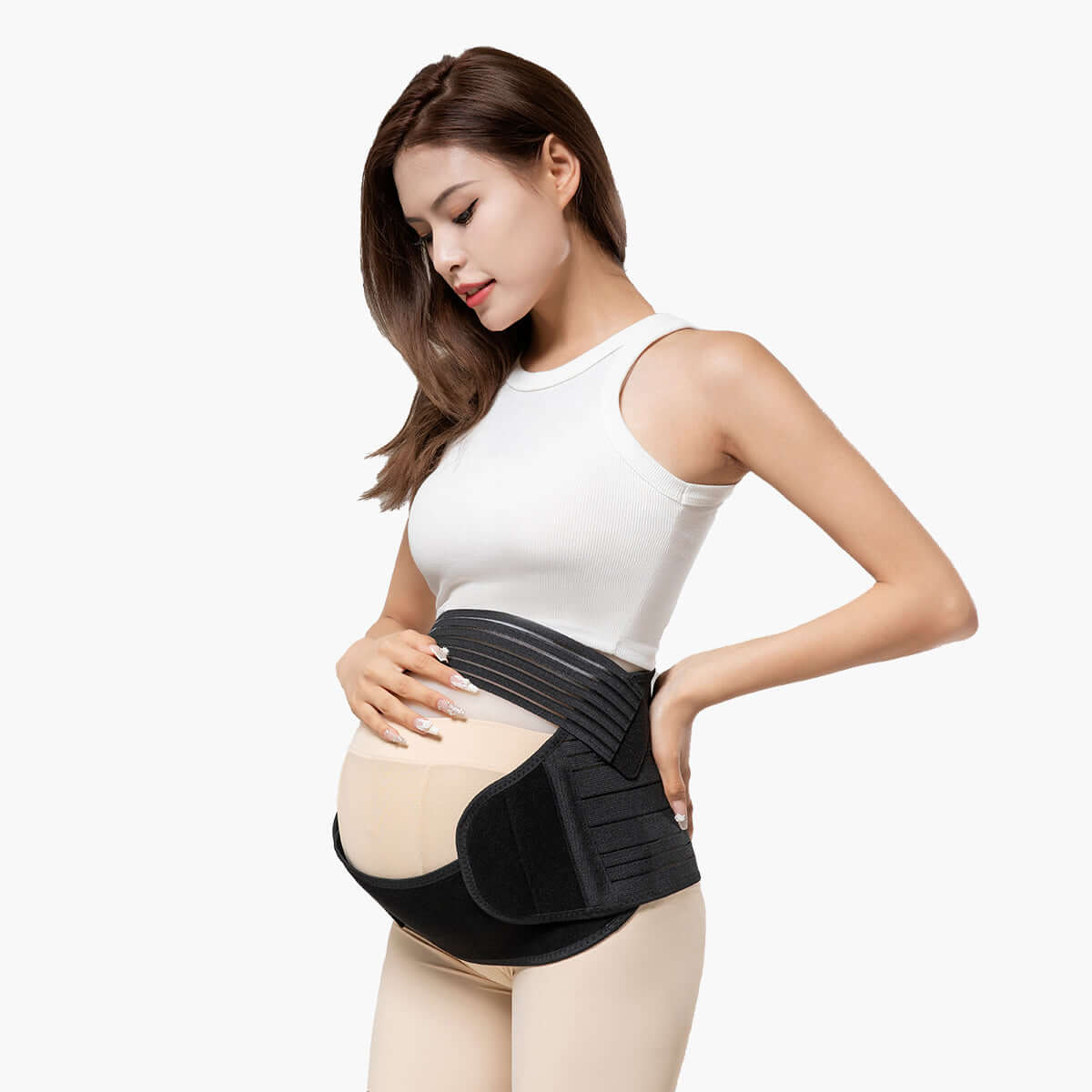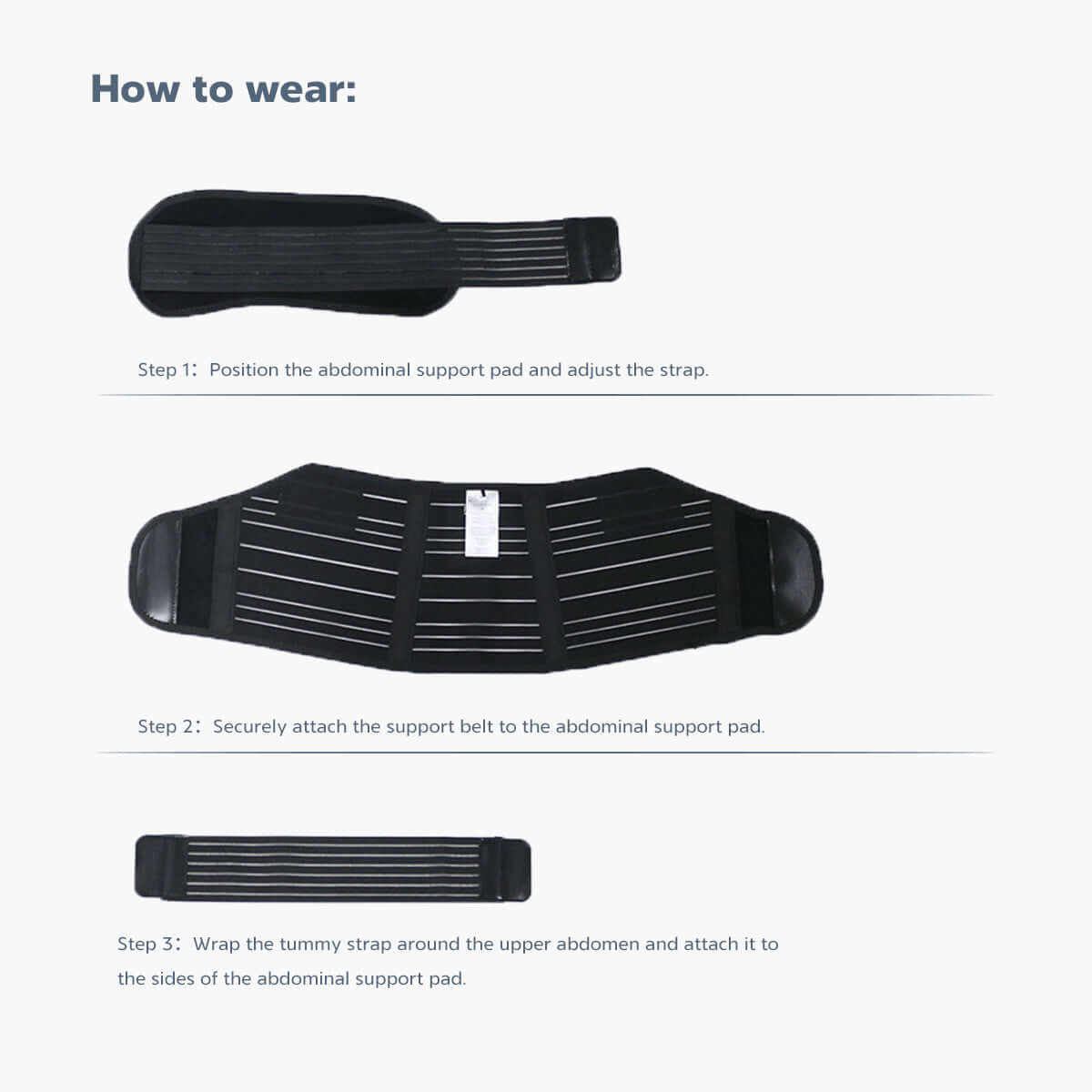Self-Love for Moms Sale – Up to 25% OFF Sitewide >>>
Self-Love for Moms Sale – Up to 25% OFF Sitewide >>>
Self-Love for Moms Sale – Up to 25% OFF Sitewide >>>
Self-Love for Moms Sale – Up to 25% OFF Sitewide >>>
Self-Love for Moms Sale – Up to 25% OFF Sitewide >>>
Self-Love for Moms Sale – Up to 25% OFF Sitewide >>>
Self-Love for Moms Sale – Up to 25% OFF Sitewide >>>
Self-Love for Moms Sale – Up to 25% OFF Sitewide >>>
Self-Love for Moms Sale – Up to 25% OFF Sitewide >>>
Self-Love for Moms Sale – Up to 25% OFF Sitewide >>>
Self-Love for Moms Sale – Up to 25% OFF Sitewide >>>
Self-Love for Moms Sale – Up to 25% OFF Sitewide >>>
Self-Love for Moms Sale – Up to 25% OFF Sitewide >>>
Self-Love for Moms Sale – Up to 25% OFF Sitewide >>>
Self-Love for Moms Sale – Up to 25% OFF Sitewide >>>
We use cookies and similar technologies to provide the best experience on our website.
Maternity Product
Related blog posts

How to Tell If LH Test Is Positive: A Complete Guide to Reading Your Ovulation Predictor Kit

What Does Flag H Mean on a HCG Blood Test? A Comprehensive Guide

Can Mirena Cause a Positive Pregnancy Test? Unpacking the Facts

Our mission is to equip every family, and especially women who are trying to conceive, with the most professional guidance and companionship.
Tell: (1)888-341-9155




